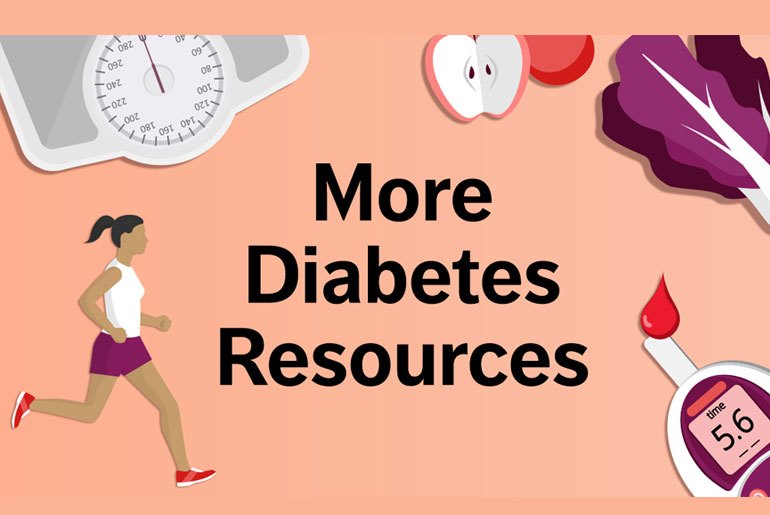Regular exercise has been shown to be beneficial in reducing the risk of developing type 2 diabetes. Engaging in physical activity can have several positive effects on the body’s metabolism and insulin sensitivity, both of which play a crucial role in the development of diabetes.
Some ways exercise can help reduce the risk of type 2 diabetes:
1. Improved insulin sensitivity: Regular exercise has been shown to improve insulin sensitivity, a key factor in reducing the risk of type 2 diabetes. When you exercise, your body becomes more efficient at using insulin to transport glucose into cells, helping to maintain stable blood sugar levels. By improving insulin sensitivity, exercise reduces the likelihood of insulin resistance, a condition associated with the development of type 2 diabetes. This enhanced sensitivity allows glucose to be effectively utilized for energy, supporting overall metabolic health and reducing the risk of diabetes.
2. Weight management: Weight management is a crucial aspect of reducing the risk of type 2 diabetes, and regular exercise plays a key role in achieving and maintaining a healthy weight. By engaging in physical activity, individuals can burn calories, increase their metabolism, and build lean muscle mass. This leads to weight loss or weight maintenance, depending on individual goals. Maintaining a healthy weight is important because excess weight, especially visceral fat, is strongly associated with insulin resistance and an increased risk of type 2 diabetes.
It’s important to note that before starting any exercise program, it’s recommended to consult with a healthcare professional, especially if you have any underlying health conditions. They can provide guidance on suitable exercise routines and help tailor an exercise plan to your specific needs and abilities.
Incorporating regular physical activity into your lifestyle can significantly reduce the risk of developing type 2 diabetes by improving insulin sensitivity, aiding in weight management, reducing body fat, enhancing glucose uptake, and promoting cardiovascular health.
Disclaimer:
The information contained in this article is for educational and informational purposes only and is not intended as a health advice. We would ask you to consult a qualified professional or medical expert to gain additional knowledge before you choose to consume any product or perform any exercise.







